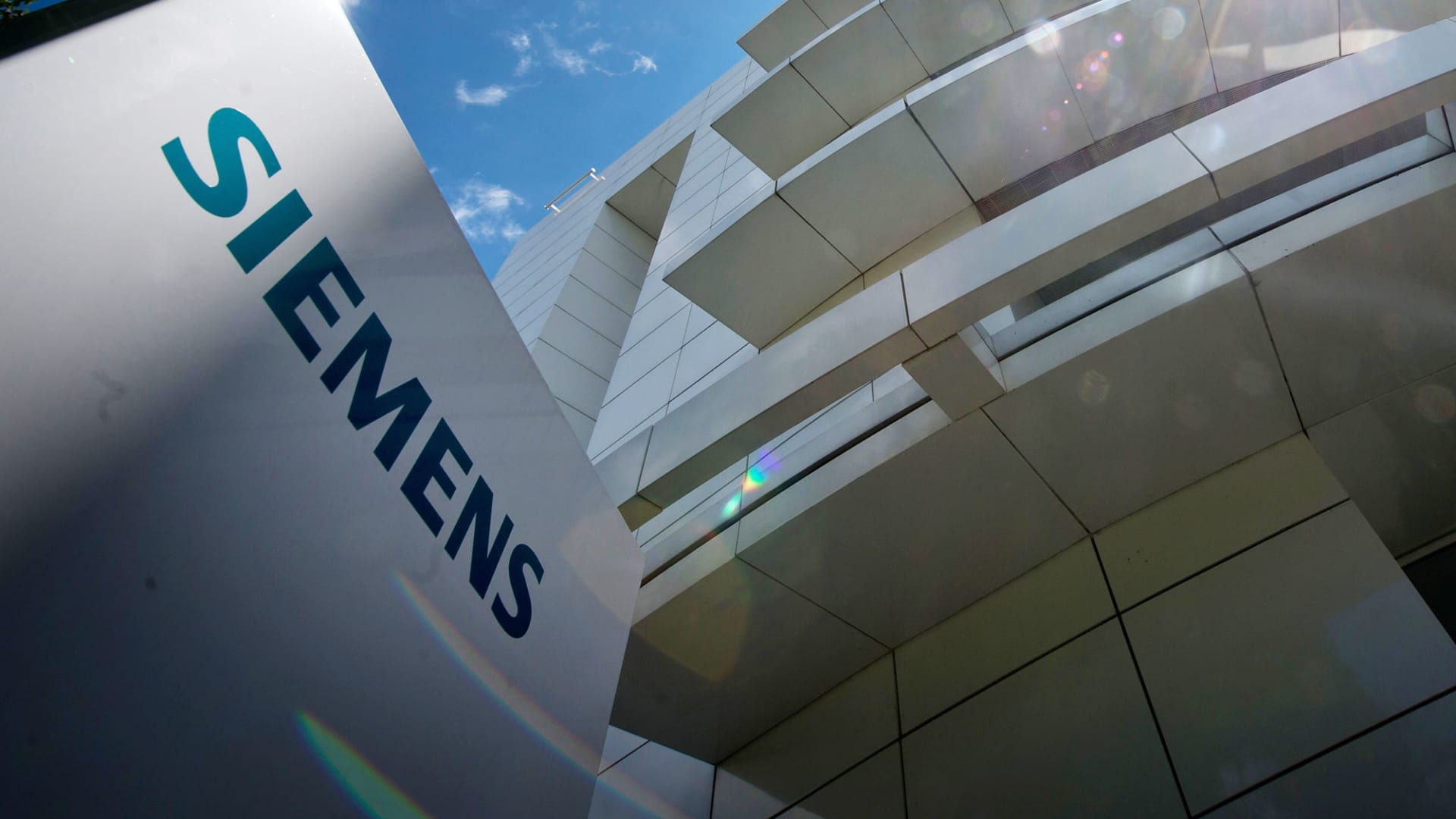Siemens on Thursday posted a 10% rise in revenue growth for its fiscal fourth quarter to a record high of 21.4 billion euros ($23.2 billion), beating forecasts, but expects a slowdown in 2024.
The German industrial conglomerate projects sales growth of 4-8% over the next 12 months, down from the 11% increase recorded for the 2023 fiscal year that ended in September, due primarily to a muted outlook for its industrial automation division.
“Digital Industries expects for fiscal 2024 comparable revenue development of 0% to 3%. This is based on the assumption that following destocking by customers, global demand in the automation businesses, especially in China, will pick up again in the second half of the fiscal year,” the group said in its earnings report.
However, the industrial powerhouse enjoyed record quarterly and full-year results, as it closed out the fiscal year.
Industrial profit grew 7% to a record 3.4 billion euros in the fourth quarter, above a company-compiled forecast of 3.34 billion euros, to notch a record high of 11.4 billion euros for the year.
Net income was 1.9 billion euros for the quarter, taking the full-year figure to a historic high of 8.5 billion euros, while free cash flow also notched a record 10 billion euros for the full year.
Siemens proposed to increase its dividend from 4.25 euros per share a year earlier to 4.70 euros per share.
The company’s shares were up 5.6% during early trade in Frankfurt on Thursday.
“Fiscal 2023 was a year of multiple records: In our Industrial Business, profit and profit margin reached their highest levels ever, and we nearly doubled our net income to a historic high,” Siemens President and CEO Roland Busch said in a statement.
“Our strategy is paying off, and we continue to accelerate the digital and sustainability transformations of our customers.”
Busch also told CNBC on Thursday that the company was benefiting as customers look to align themselves with the global push toward sustainability, while remaining competitive in a world of increasing digitalization.
“The subsidies, the Inflation Reduction Act, other acts which are kicking into the market — they are really playing into our hands, because this is money which has to go into the future, future technologies, innovation, and this is where Siemens is very strong,” Busch added.
